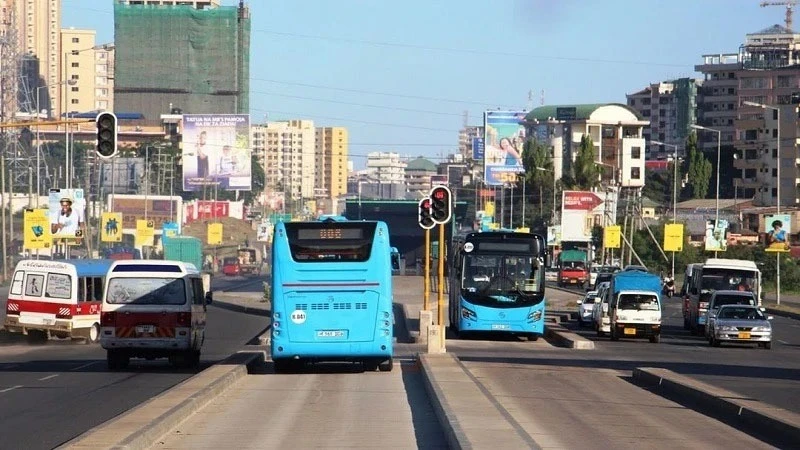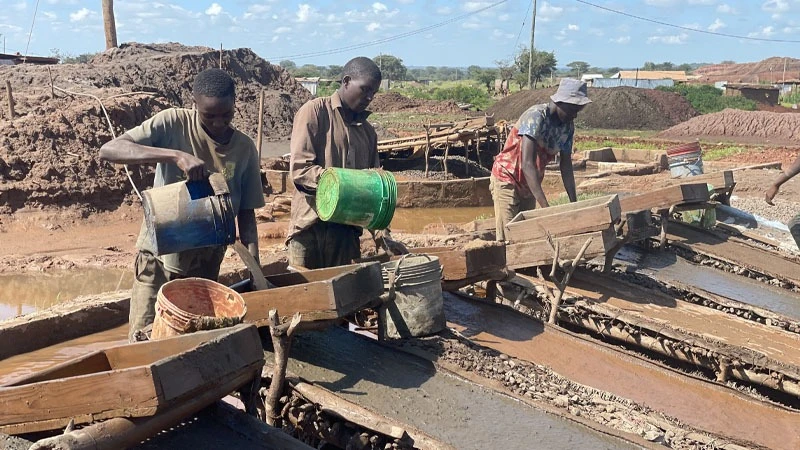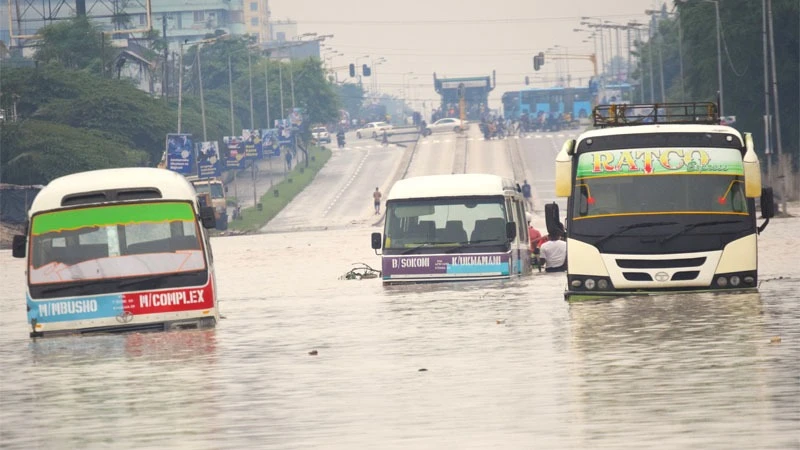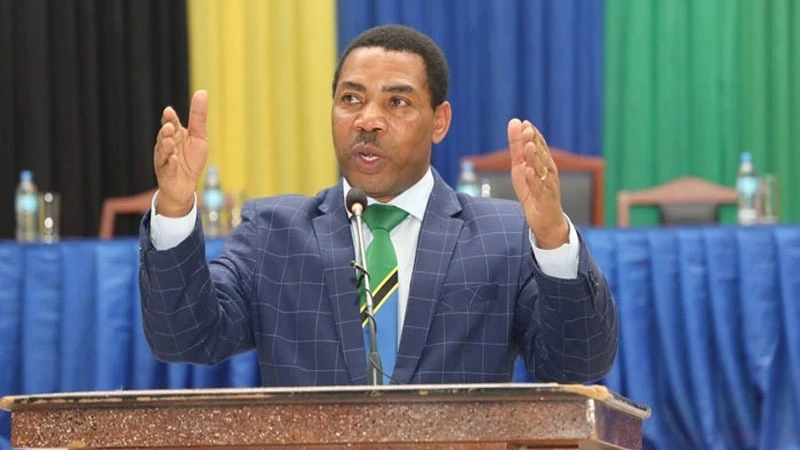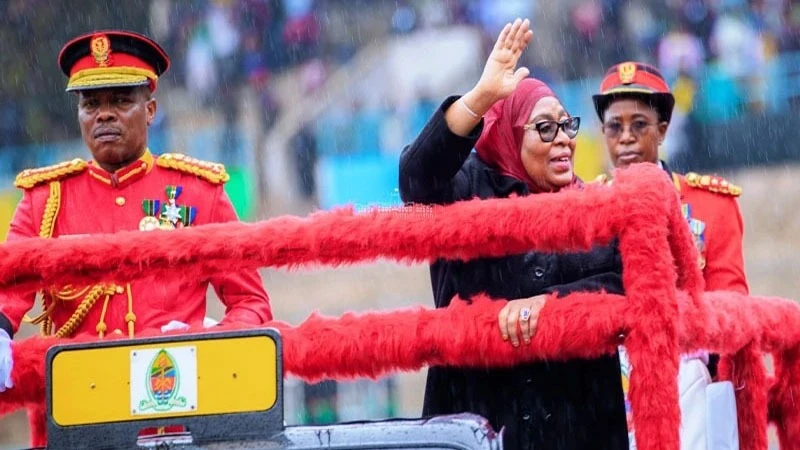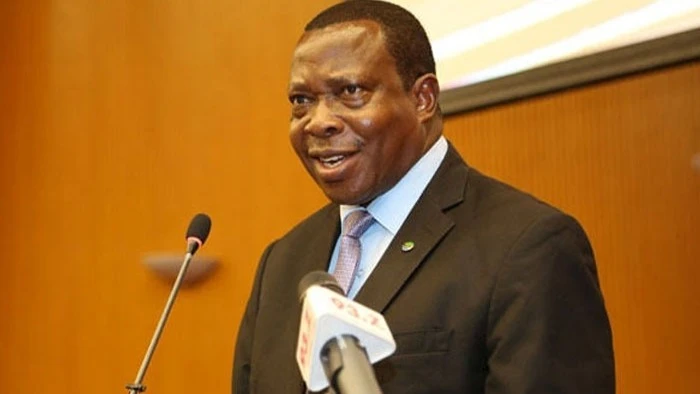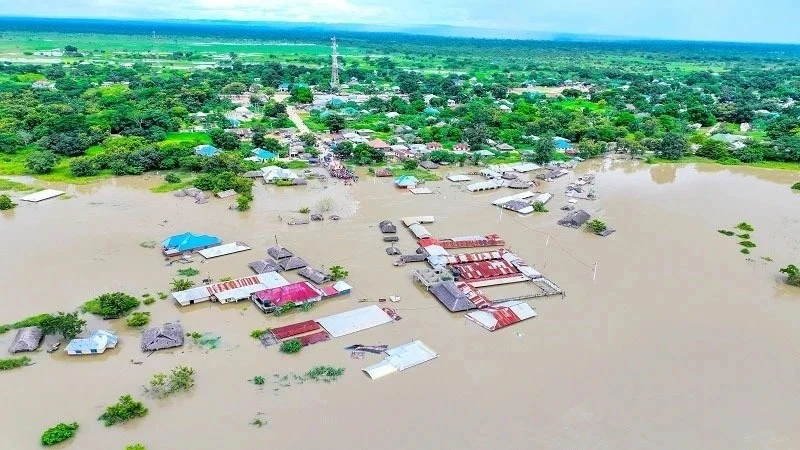Humanitarian crises in Africa are sharp reminders to those fomenting civil wars
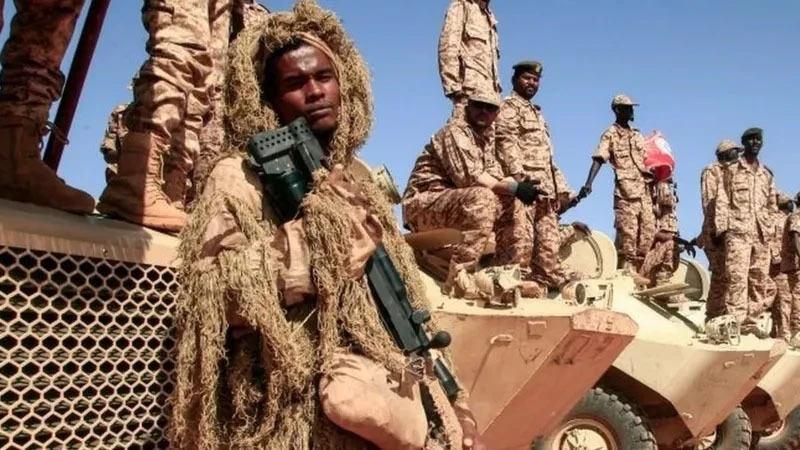
THERE is nothing as denigrating to the African conscience as the standard picture of emaciated children surrounded by flies in a torrid refugee camp or just seen in the open in some conflict-ravaged country.
Yet these are but the sort of images that we are now seeing in the Sudanese conflict, with grim statistics of deaths, the malnourished and the vast amounts of aid needed.
The usual appeal is to an international community already too largely preoccupied with a few especially destabilising crises to lay equal stress to what is happening in Sudan.
With the conflict in Sudan nearing the one-year mark, the UN refugee agency (UNHCR) has warned that over 25 million people face a humanitarian crisis with no end in sight.
While global powers have been making both humanitarian and ceasefire efforts in all stages of the war in Gaza, and in an exceptionally strong manner, couple of countries teamed up on a frantic diplomatic mission targeting Sudan. They brought the warring parties to the table but, too bad, fell short of pushing them into a deal.
To a range of Africa watchers, what should follow is that Sudan has a larger number of people at the mercy of famine and should receive greater humanitarian aid efforts especially from UN agencies.
Unfortunately, that isn’t how strategic relations work, as governments usually rush to dispatch support to what touches their own national bases.
That is precisely why there is a massive Palestinian lobby in Europe and North America while Africa’s preferred platform, the United Nations, is in a sense powerless to make things move; they receive donations for specific needs.
Ahead of the anniversary of the conflict on April 15, UNHCR has declared that Sudan and neighbour countries are experiencing one of the largest and most challenging humanitarian and displacement crises in history.
Imagine how thousands of refugees cross borders daily fleeing horsemen brandishing rifles and torching villages along the way.
South Sudan has received the largest number of refugees, while hundreds of thousands of its own people were refugees in the Sudan until its war started.
There is still hope that the world can do something for and in Sudan with the number of displaced people having already surpassed the 8.5 million mark – and 1.8 million still crossing borders.
Sudan’s is a massive crisis of internal displacement and an equally profound border crisis of more than a million refugees.
A UNHCR representative in South Sudan is on the record as having been making graphic comparisons just to lay the case for urgent humanitarian assistance in the strife-torn country.
The representative reports that the 635,000 displaced people fleeing to South Sudan will be representing over five per cent of South Sudan’s population. It’s tragic.
While the world might not be indifferent to the crisis in Sudan and neighbouring countries, there is a sharp limit to the donations it can mobilise on the required scale at short notice.
In the circumstances, the African Union ought to feel obliged to make it clear that Africa must put to an end all civil wars for its own dignity as an integral part of the international community.
Top Headlines
© 2024 IPPMEDIA.COM. ALL RIGHTS RESERVED






